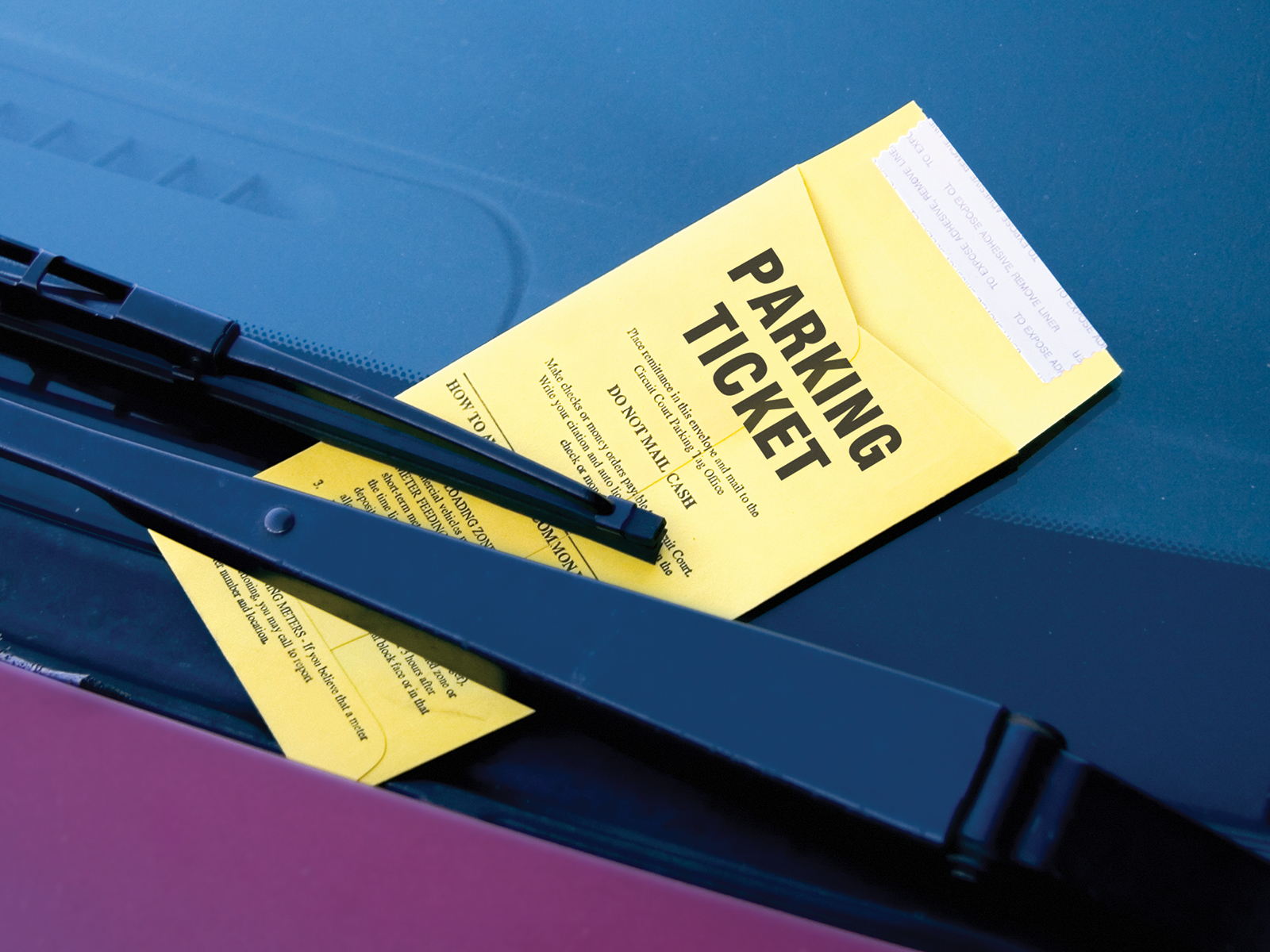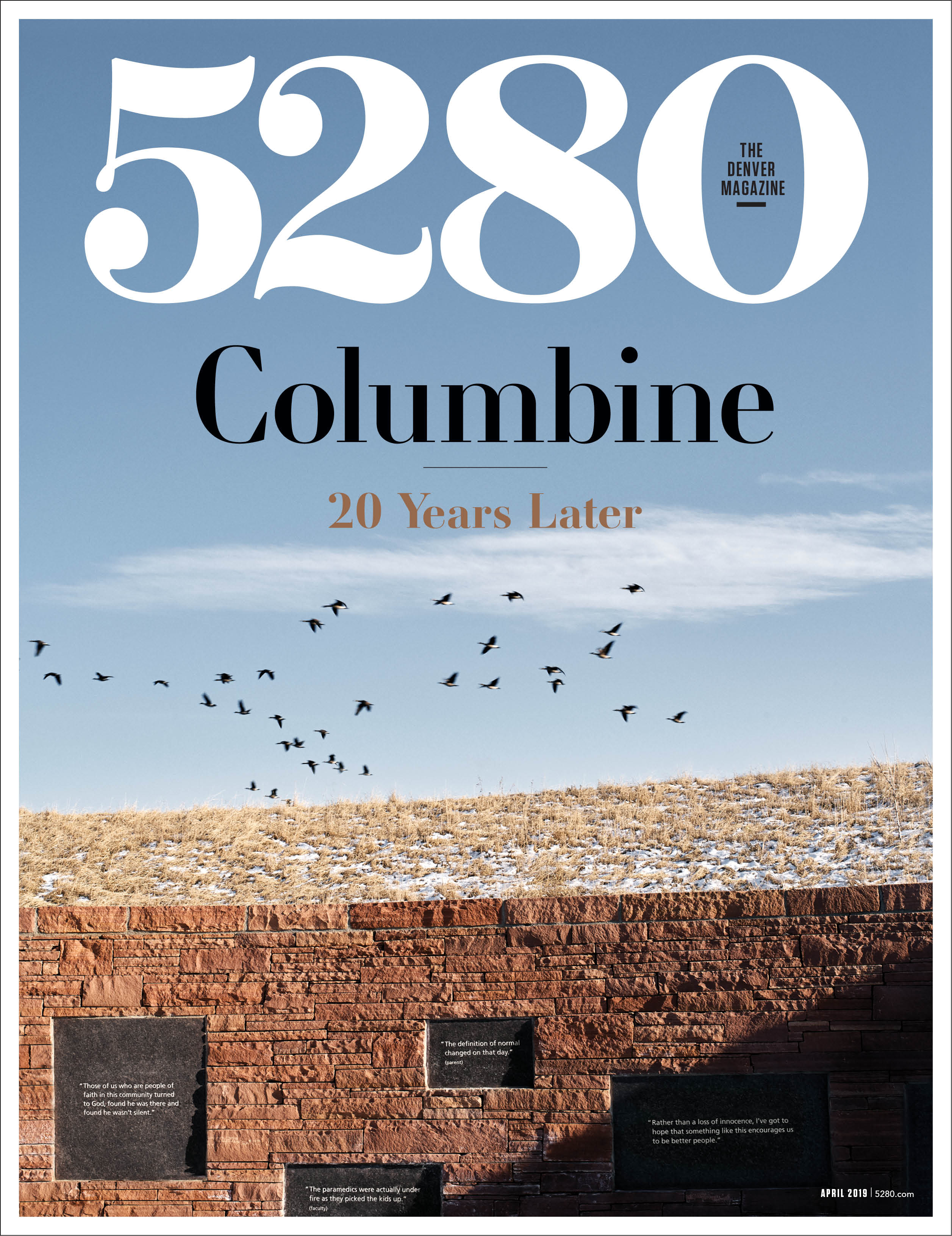The Local newsletter is your free, daily guide to life in Colorado. For locals, by locals.
It may seem like street sweepers are deployed solely to litter Denver with
annoying parking tickets. Not so. (Well, not entirely, anyway.) As seasonal road cleaning starts this month, we broke down the numbers to reveal how squalid the Mile High City would be without the debris-swallowing steeds, how you can escape tickets, and, yes, how much dough the city makes through citations.
34
Street sweepers, most of which cost more than $200,000, in Denver Public Works’ (DPW) armada. This includes the first electric sweeper in the United States; the Italian-made ride is smaller and only used to tidy up the protected bike lanes downtown.
72,966
Cubic yards of dirt and debris picked up by DPW street sweepers in 2018. That’s enough to fill Coors Field nearly twice over.
164,654
Miles driven, at about five mph, by Mile High City sweepers in 2018. On average, an operator will trek between 30 and 36 miles a day from April through November, when scheduled cleaning occurs. DPW does intermittent pavement scrubbing during the winter, weather permitting.
$8 million
Amount collected by the City and County of Denver in 2018 from street-sweeping tickets. For those who haven’t suffered such citations: The government decrees a day of the month, posted on street signs, that a road will be cleaned. Forget to move your ride and pay. At $50 a pop, more than 161,600 notices were issued last year, most in dense central areas like Capitol Hill, enabling DPW to raise 2.5 times its 2019 street-sweeping budget.
4
Accidents involving a street sweeper in 2018. In recent years, drivers have been party to a few high-profile crashes. For example, a bicyclist claims that in 2016, a driver essentially charged at him head-on. The resulting wreck left the rider with three broken bones, a concussion, a massive hematoma that extended from his armpit to his waist, and, he says, a $116,072 hospital bill.
12,214
Citizens who’ve signed up for street-sweeping notifications through Pocketgov, a mobile app that allows the city to communicate with residents. It alerts you the night before your road gets a scrub, giving you plenty of time to bogart a parking spot on another street.









